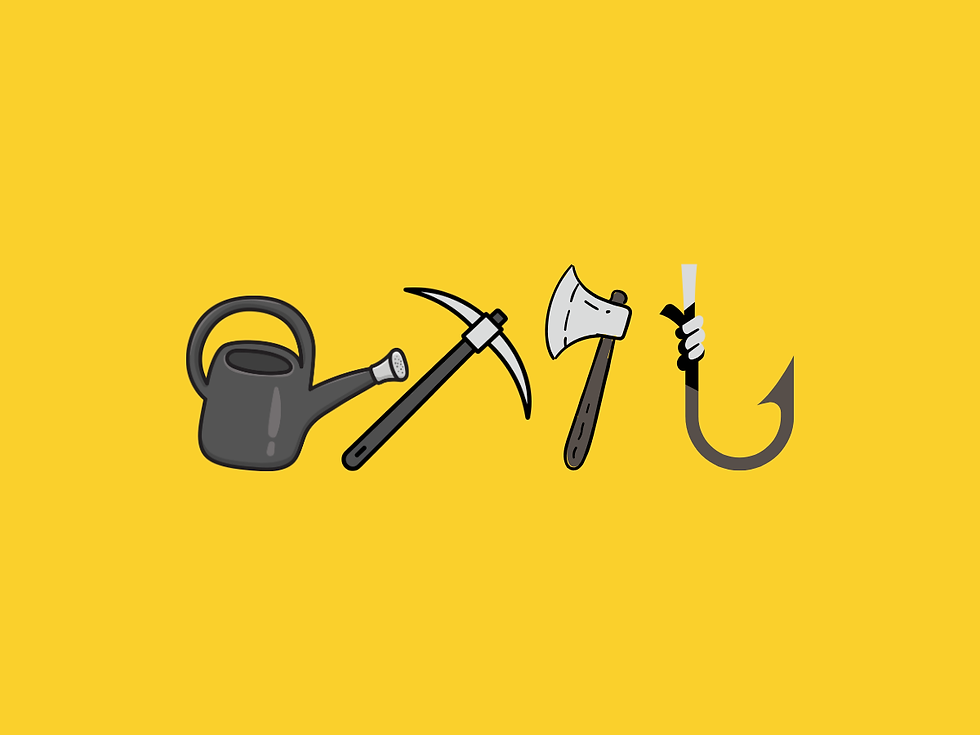How to Feel Quality - Part Four
- Shum
- Jan 15, 2023
- 2 min read
In this post, I'm continuing to explore this fascinating question of how to feel quality. If you're curious as to what I've explored so far, here's the backstory: Part One (four-minute read), Part Two (two-minute read), and Part Three (one-minute read).
I'd like to explore what we can learn from the difference between frequency and duration.
First, some definitions:
Frequency is how often something happens.
Duration is how long something happens for.
We can categorize all of our experiences into a combination of these buckets.
Let's explore the four combinations.
High frequency + high duration: Something you do often and for a long time, e.g. a regular workday.
High frequency + low duration: Something you do often, for a short time, e.g. brushing your teeth.
Low frequency + low duration: An infrequent transaction, e.g. updating your driver's license.
Low frequency + high duration: An infrequent connection, e.g. visiting friends who live far away.
I'm not going to get specific about defining how many seconds/minutes/hours make for high or low duration. You can just use what feels intuitive.
The first observation I want to make here is this:
Quality lives in duration.
Let me explain using the simple example of a workday.
Let's imagine that your workday is exactly eight hours long.
One day, you might have an absolutely terrible day at work.
Another day, it might be the best work day ever.
In either case, it was still eight hours long.
The difference (i.e. quality) lives in what happened over those eight hours.
Now I'd like to add to my first observation above:
Quality lives in duration. We feel quality when our sense of duration is out of sync with reality.
You've felt this.
It's that feeling when you're with someone or doing something, and you look at the clock only to realize that a crazy amount of time has passed. You question if time was actually on fast forward.
It's also that feeling when you're with someone or doing something, and you look at the clock only to realize that much less time has passed than you thought. Then you look at the clock a few minutes later, only to realize it's the exact same time as before.
The takeaway here is that if you want to improve quality, your leverage lies in duration.
You have to think about how to make the most of your time.
I'm going to leave you with a line I heard in a podcast, which I truly fell in love with and I think it summarizes everything I've tried to say here:
"Time actually is an object who's value we have the capacity to make more valuable or less valuable."
Sendhil Mullainathan, The Knowledge Project Episode #102




Comments